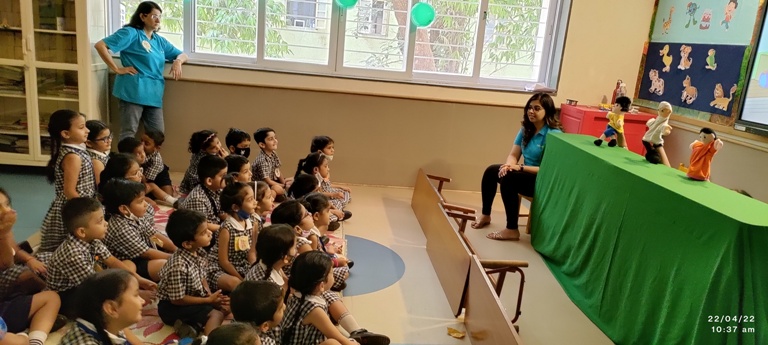
Two days before the second anniversary (July 29) of NEP 2020, XSEED Education, a Singapore headquartered teacher training company rooted in India, has released the findings of a survey of 191 school owners and leaders in India. The key finding as voiced by 70% of those interviewed feel their readiness with the National Education Policy (NEP) is a top concern following the pandemic. Significantly, the pandemic is no longer a top concern.
To be ready for the NEP, schools require redesigning the school curriculum and moving to an experiential learning and concept-oriented teaching. In order to deliver the curriculum effectively, schools will need to train teachers and understand the pedagogical needs to make a smooth transition to the new education system. XSEED’s survey found that school leaders feel they are not fully prepared for the implementation of the NEP and say they have work to do.
The implementation of the NEP (23%) is among the top three challenges faced by schools today that is split between concerns of student enrolments and admissions (29%) and teacher quality and retention (25%).
School leaders are however aligned on what they need to address and aspects of the NEP that they are most interested in. Pedagogy is top of mind with one out of every 2 schools (50%). This includes making changes in the curriculum that makes experiential and concept-oriented learning happen across subjects. 37% school leaders cite that they are interested in strengthening students’ core concepts to foster collaborative skills, critical thinking, problem-solving and decision-making abilities in the youth. Further, professional development of teachers (25%) and foundational literacy and numeracy among students from the early ages to pave the way for higher education are of interest to 25%. Nearly 22% of school leaders also cite NEP’s focus on formative assessment for learning rather than summative assessment to be of interest.
“The NEP presents an unprecedented opportunity for India. In our view, the policy’s ‘big 3’ for school education are emphasis on early childhood education, restructuring pedagogy to be more skills focussed and experiential, and investing in professionalization and development of teachers. This is well received by school leaders and they are interested in embracing this shift. However, our survey clearly suggests that there are many challengesi n implementing the reforms and that’s a key concern for schools,” said Ashish Rajpal, Founder, XSEED Education.










